|
I’ve said it before and I’ll say it again, the Chase Freedom is one of my favorite cards to use. Not only is it a no-annual-fee card, but it also offers a 5x bonus on rotating categories every quarter (up to $1,500 in spend). In order to take advantage of these bonuses, you need to activate it. If you do the math, this means you can earn $300 every year if you max out each quarter. It gets even better if you pair the Freedom with the Chase Sapphire Preferred, which can turn that $300 into an amount much closer to $600.
0 Comments
I'm fascinated by this kind of thing. How many points can you make just by spending with credit cards, and how far do those points go? For the sake of this blog post I'm not going to count the sign up bonuses you may get for signing up for credit cards. I'm going to use numbers from the Bureau of Labor Statistics on what the average person spends per year. The BLS says that number is $51,933 per year.
Figuring that out was easy. Now the hard part begins. There are a countless number of ways to earn miles and points - from credit cards to shopping portals and dining rewards. So, for simpleton's sake, I will only use two cards. Two cards that I have: the Chase Sapphire Preferred and the Barclaycard Arrival Plus. The CSP gets at least one point per dollar on everything, except travel, and dining where you get two points per dollar. The Arrival Plus gets a flat two points per dollar on everything. Now that we know that, let's figure out how many points you can potentially earn in a year.
I found out something pretty cool the other day: I can stay at any one of nearly a thousand hotels with VIP status. The only thing I need: a credit card that says Visa Signature on it. I have two (the Chase Sapphire Preferred and the Hyatt Visa)! I wish I knew about this sooner. Silly ole' me was too focused on earning miles and points. Turns out I can earn miles and points while living the life of luxury. And you can too!
This will probably be the easiest $300 you'll make every frickin' year! And that's not even the best part. What is? It's free. I know what you're thinking: there's gotta be a catch. Well, yes and no. That's because I'm talking about a rewards credit card. But it's one of the best out there, in my opinion. I'm talking about the Chase Freedom Credit Card. It has no annual fee, and is very easy to get for most people out there. According to Credit Karma, if you have a credit score of at least 585 you can get approved. The Freedom was my very first adult credit card out of college! And let me just say, when I graduated college, I had a crappy paying job with very little credit.
The best travel credit cards aren't free. Most of them have an annual fee. But they can still be worth it. For example, each travel rewards card that I have came with a pretty lucrative sign up bonus. Not only that, but after the sign up bonus is used - they are still worth keeping. That's because most of mine pay for themselves. Which cards do I have, and why do they pay for themselves? Chase Freedom: This one is a no brainer. It has no annual fee and I get 5 percent cash back all year long on certain rotating categories. Sure, it can be annoying when you have to "sign up" for each category, but it's worth it. In addition, I can (and do) transfer the points from the Chase Freedom account to my Sapphire Preferred account which can make the points even more lucrative.
I'm new to travel hacking with credit cards. Some may consider it "churning," where you open a bunch of new credit cards all at once every three months or so, and then cancel them about 11 months after opening them to avoid an annual fee (as an example). One of the most common questions I'm asked is "does it hurt your credit score?"
Has my credit score taken a hit? No. It's actually the opposite. Since I've started building more credit, my score has gone up about 15 points (and now above 800) in 6 months. Why? Well, your credit score is based on several factors. FICO, one of the companies that determines your credit score, for example, bases credit scores on: 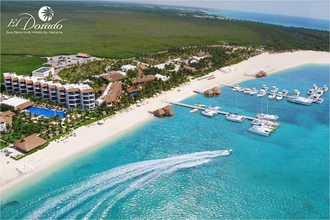 An El Dorado resort. Not sure if it's Seaside Suites. Courtesy of their facebook page. An El Dorado resort. Not sure if it's Seaside Suites. Courtesy of their facebook page. Early next year I'll be headed to Mexico with Crystal for one of her friend's weddings. It'll be at the all-inclusive El Dorado Seaside Suites. Yeah, we'll really be slumming it. The humanity! In all actuality (and if you didn't click on that link) it looks really nice. And by really nice I mean jaw-on-the-floor nice. Still can't believe I'll be staying there. I've never stayed at an all-inclusive. We're booking the stay through a travel agent, which is kinda nice. We don't have to worry about anything except being where we're supposed to be when we're supposed to be there (I'm looking at you Crystal). Cost 
There are dozens of ways to earn miles and/or points for travel. Some of which - you've probably never heard of. Many are extremely lucrative when it comes to points.
Dining Rewards Network The Dining Rewards Network is a completely free way to earn additional points for rewards accounts you may already have. All you have to do is sign up and register your cards. You can register each and every card (debit or credit) you have. The "catch"? You can't register the same card for more than one rewards account. Anyway, after you register your cards - all you have to do is dine at one of the thousands of restaurants on the list - you get points or miles! Simple as that. No need to tell the restaurant. No coupons to print out. Nothing. The miles/points automatically post to your account within a couple of days. The current list of Dining Rewards programs that I can find is this:  Travel blogs are my current obsession! I can’t stop reading them! In particular - travel blogs that have to do with earning credit card points to travel with. Recently, after a lot of hard work, I became debt free when it comes to credit cards (still paying off my student loan and I have a car note to pay off too). The next logical step, then, would be to figure out how I can earn credit card “miles” or “points” for travel. And guess what? It is addicting! I mean - who wouldn’t want to travel to Europe or Asia for pennies on the dollar? Count me in! And because of that - I now spend most of my free time searching for new articles about credit card points. Such an exciting life I lead, huh? Some of the good ones out there in no particular order: |
Stay inspired with The KKR in Your EmailCategories
All
|

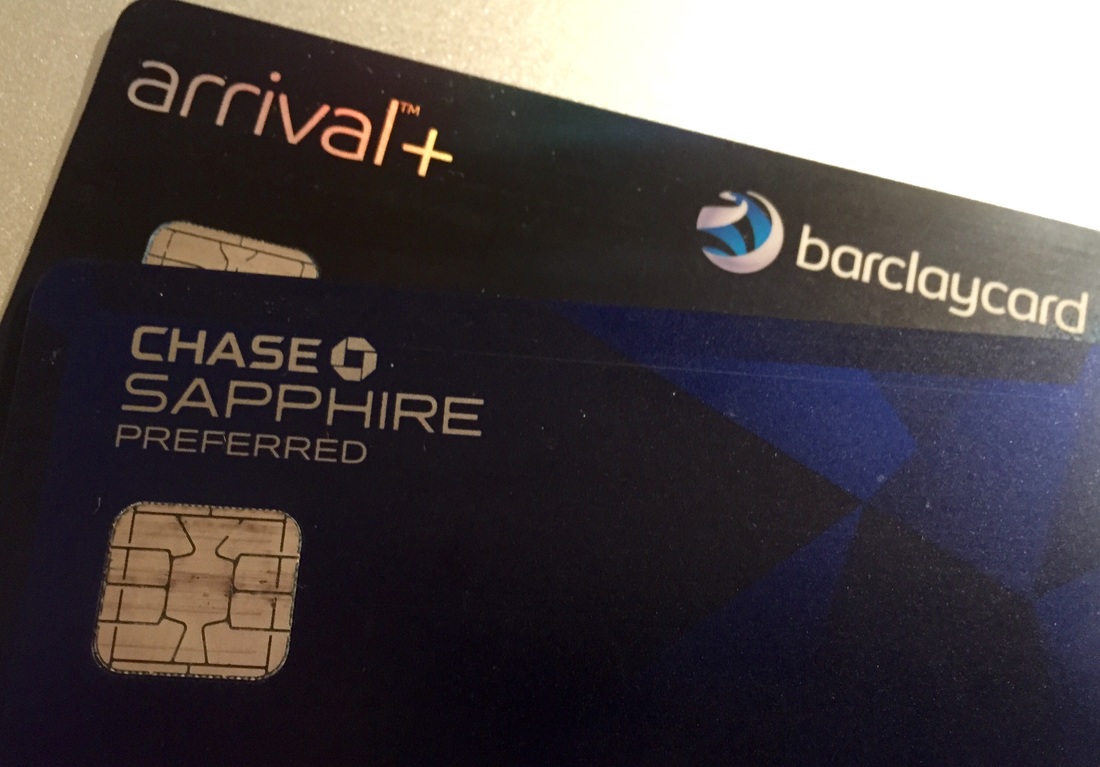
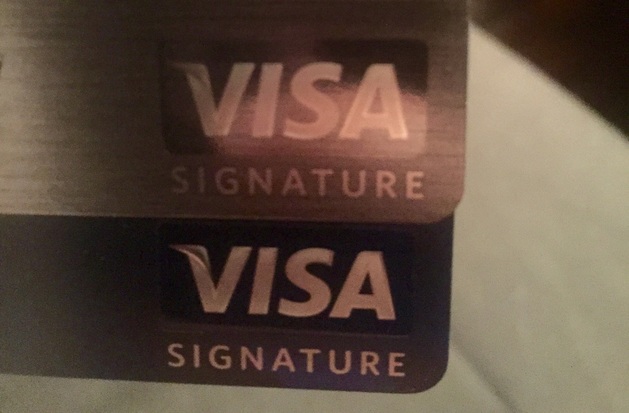
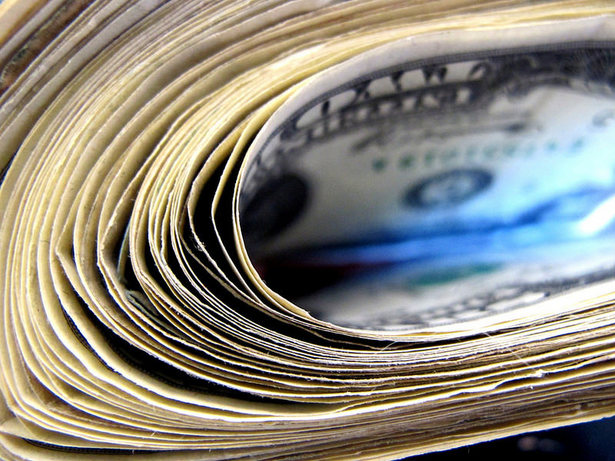
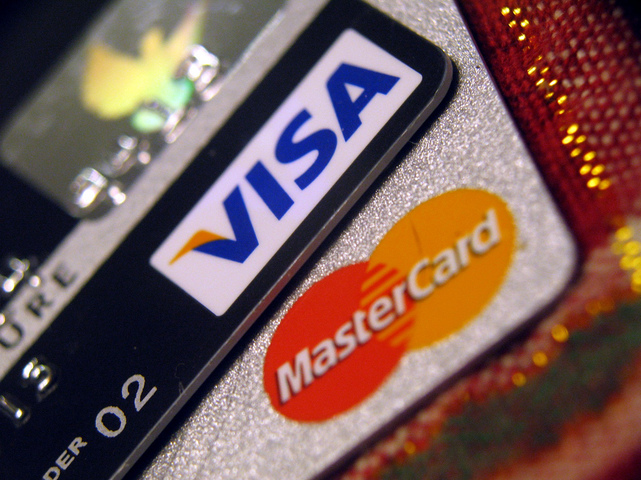
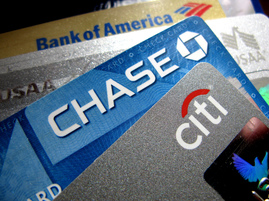
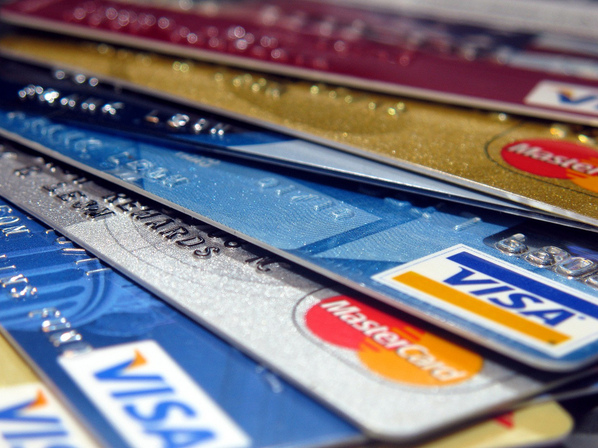
 RSS Feed
RSS Feed